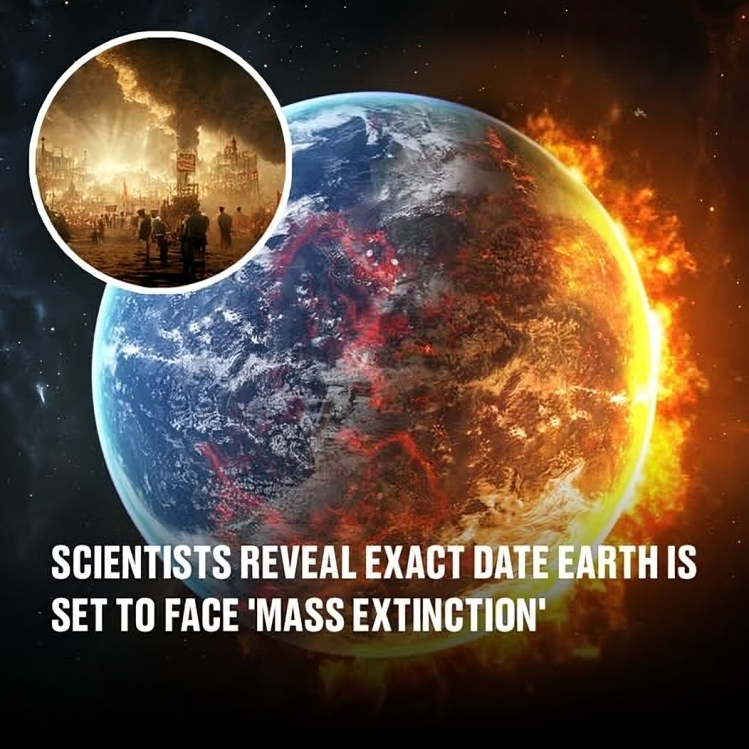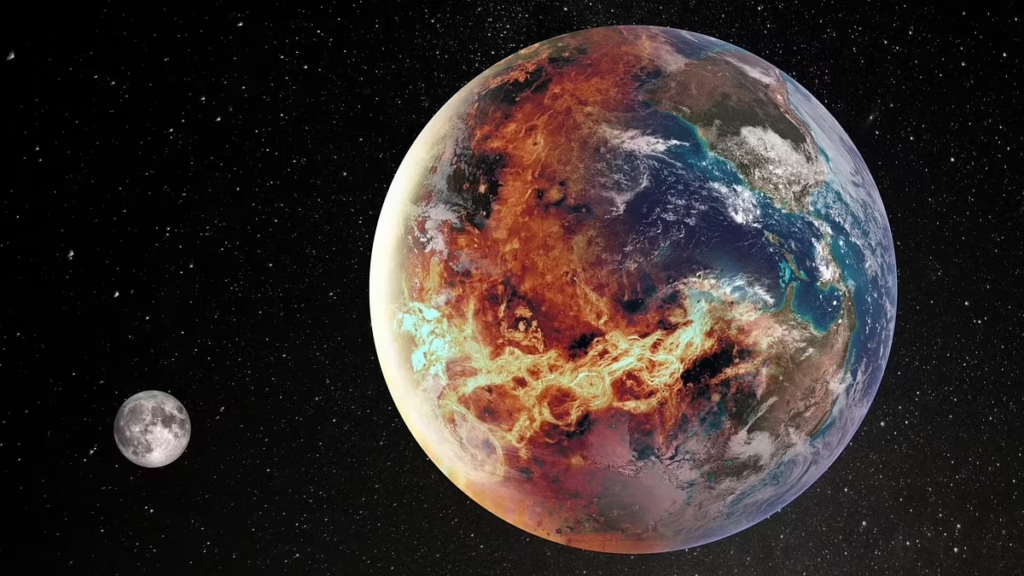
It’s almost 2025, and many wonder when life on Earth will end. While there have been countless predictions, none have been proven true. However, new research claims to have some answers.
According to a study by the University of Bristol, Earth might have a few million years left before it becomes unlivable for mammals. Using computer simulations, researchers predict that humans and other mammals could face extinction in 250 million years unless certain changes happen.

So, what’s the key factor? The report explains that the planet’s temperatures will likely rise to extreme levels, ranging between 104°F and 158°F (40°C to 70°C). Mammals that cannot adapt to living in these conditions may not survive. This would lead to Earth losing all mammal life.
The researchers ran detailed simulations to come to this conclusion. They studied how rising temperatures over time could impact the ability of mammals to survive and reproduce. These extreme conditions would make the planet inhospitable for most lifeforms.
But why will it get so hot? One major reason is the movement of Earth’s tectonic plates. In the distant future, continents will merge, forming one massive landmass. This supercontinent will reduce coastal areas, which are natural heat regulators. Fewer coasts mean hotter and drier land.

The study also highlights the importance of climate action today. If global warming continues unchecked, Earth’s temperatures could reach dangerous levels much sooner than expected. Scientists stress that slowing down climate change is crucial for extending the planet’s livable conditions.
While 250 million years feels like a long time, the findings remind us of the challenges ahead. Adapting to extreme heat is difficult, and mammals like humans depend on stable climates for survival. Future studies could offer more insights into how to prepare for long-term changes.

For now, Earth’s fate isn’t sealed. By taking action today, we can ensure life continues to thrive for millions of years to come.
